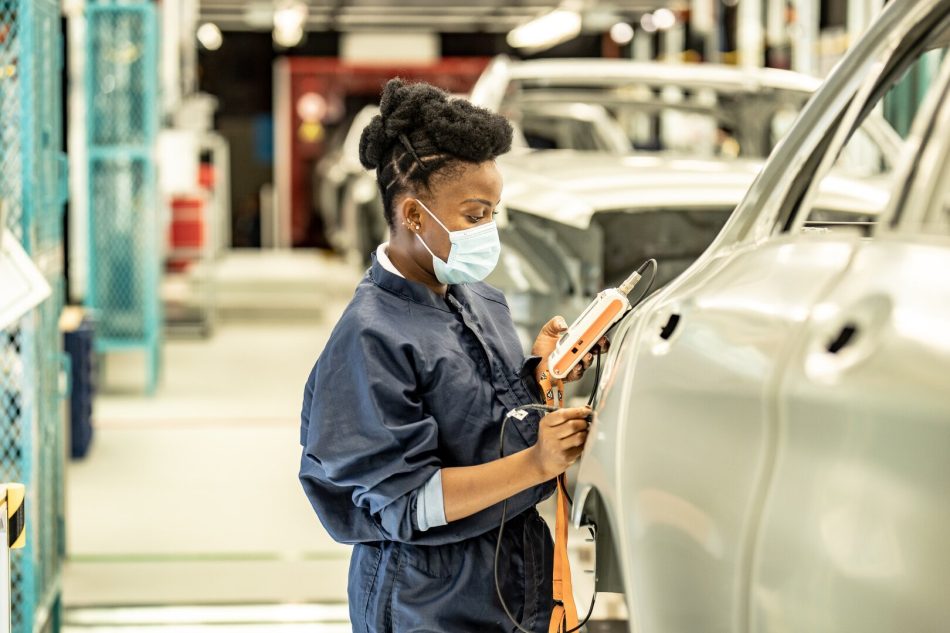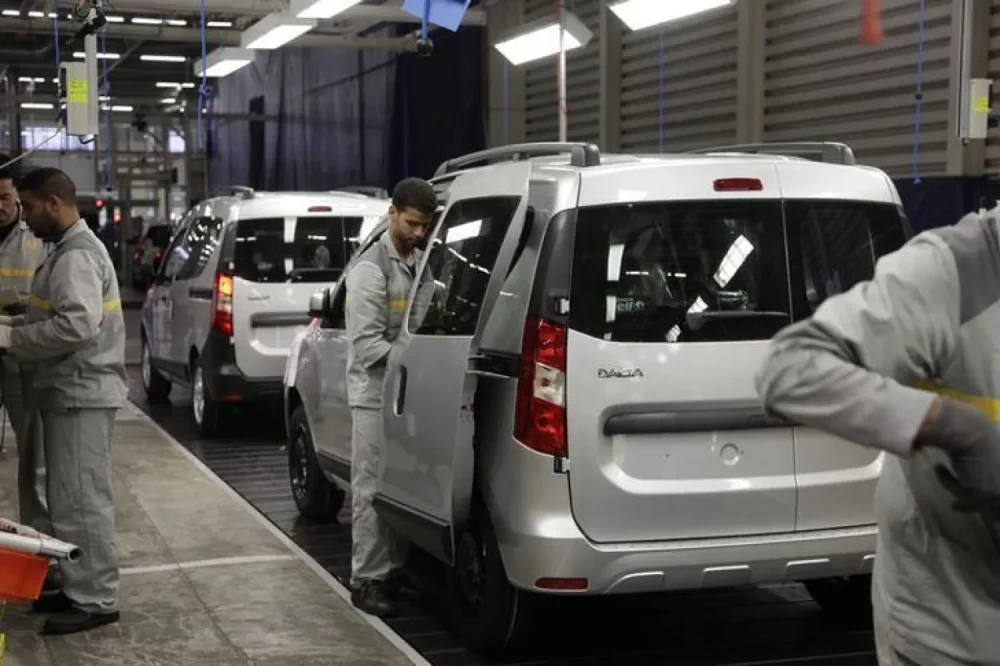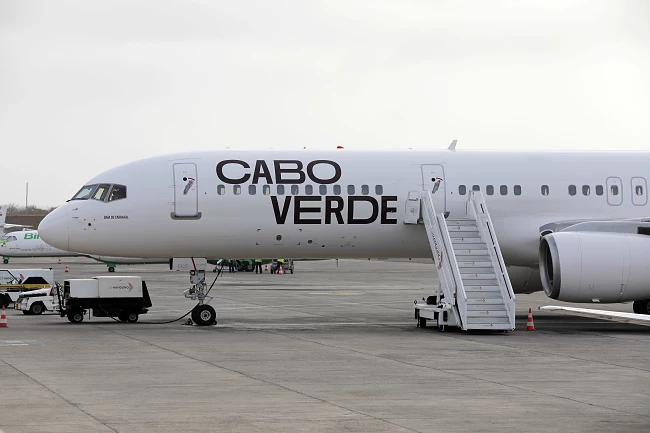As diplomatic tensions flare between Pretoria and Washington, South Africa’s once-smooth trade relations with the United States are hitting a dangerous curve—this time on the road of the automotive sector.
South Africa is bracing for a potential economic blow following a diplomatic standoff with the United States, one that could reshape bilateral relations and cast a long shadow over key export sectors. At the centre of the turmoil is the Trump administration’s now-postponed plan to impose 25% tariffs on South African automobile exports—a move Pretoria sees not only as economically damaging but diplomatically motivated.
In a bid to soften the blow, South Africa’s Department of Trade, Industry and Competition is considering a targeted stimulus through expanded automotive incentives. Minister Parks Tau announced that the government is modelling a support package under the Automotive Production and Development Programme (APDP), the backbone of South Africa’s vehicle manufacturing economy.
But this isn’t just a routine trade response. The tariffs, paired with the diplomatic freeze and controversial rhetoric from Washington, have triggered fears that South Africa’s long-standing trade access to the U.S. market may be eroding in tandem with trust between the two nations.
Tensions flared earlier this year when U.S. President Donald Trump openly criticised South African domestic policies, labeling certain legislative measures—particularly land reform and equity laws—as “anti-white” and “systemically racist.” This marked a dramatic departure from traditional diplomatic tone, pushing Pretoria on the defensive.
Shortly thereafter, Washington took the unprecedented step of de-accrediting South Africa’s ambassador, reducing formal diplomatic engagement. In a subsequent blow, the Trump administration threatened—and then temporarily paused—punitive tariffs on South African car exports, citing “unfair” domestic economic policies and “declining rule of law” as justification.
To many in Pretoria, this felt less like trade policy and more like economic retaliation cloaked in diplomacy.
South Africa’s automotive sector is the crown jewel of its manufacturing industry. In 2024 alone, the U.S. imported over R35 billion (€1.75 billion) worth of South African vehicles, making it the country’s third-largest automotive export destination.
Major automakers like BMW, Ford, Mercedes-Benz, Nissan, Isuzu, and Toyota operate local assembly plants in South Africa, producing high-quality vehicles for global markets—including the United States. A 25% tariff would likely price these vehicles out of the U.S. market, leaving manufacturers in limbo, threatening jobs, and disrupting supply chains.
NAAMA (the National Association of Automobile Manufacturers of South Africa), has warned that the cost of absorbing such duties is unsustainable. The fallout could include plant downsizing, job losses, and reduced investment in local operations—at a time when the country is already grappling with record unemployment and stagnating growth.
Minister Tau’s plan to expand the APDP aims to offer some relief, with enhanced rebates and incentives to maintain competitiveness. But this is a stop-gap solution. Incentives may cushion short-term losses, but they do not resolve the structural vulnerability of relying heavily on a politically unpredictable partner.
Analysts suggest South Africa should accelerate market diversification, focusing on intra-African automotive exports under the AfCFTA (African Continental Free Trade Area), expanding ties with the EU, and deepening trade relations with China and India.
At the same time, Pretoria must weigh whether to engage in a diplomatic reset with Washington or double down on its principles in response to what many see as neo-imperial interference in domestic policy-making.
This is more than a tariff story. It is a cautionary tale about the weaponization of trade in modern geopolitics. South Africa’s fears stem not just from potential financial losses, but from the realisation that access to the global economy—especially for smaller economies—is increasingly dependent on political alignment with major powers.
If Trump’s actions are replicated across other sectors—like mining, agriculture, or fintech—the consequences could ripple across the entire economy. South Africa may find itself gradually shut out of vital trade corridors, despite its well-regarded regulatory frameworks and strategic positioning in global value chains.
At stake is also South Africa’s broader developmental agenda. The auto industry alone supports over 110,000 direct jobs and thousands more across related services. It contributes nearly 5% of GDP and is a linchpin in the country’s re-industrialisation strategy. Weakening it could derail government plans to rebuild a post-COVID economy already battered by energy shortages and currency volatility.
Diplomatically, this episode underscores the fragility of bilateral relations under volatile leadership. It highlights the need for South Africa—and other African economies—to build diplomatic strategies that are resilient, diversified, and grounded in multilateralism, rather than overdependence on individual Western capitals.
South Africa’s automotive sector is built for the long haul, but political speed bumps from abroad are testing its endurance. The government’s quick thinking on stimulus is commendable, but it’s not a permanent fix. Real security will come from a combination of economic diversification, strategic diplomacy, and a stronger collective African voice on the global stage.
As Trump’s tariffs loom—postponed, not cancelled—Pretoria must decide if to re-calibrate relations with Washington, or chart a new course where no single nation can pull the brakes on its progress.
Published in AfricanTrust – where Africa’s markets meet global insight.
Contact the editorial team for reprints, analysis, or regional briefings.




